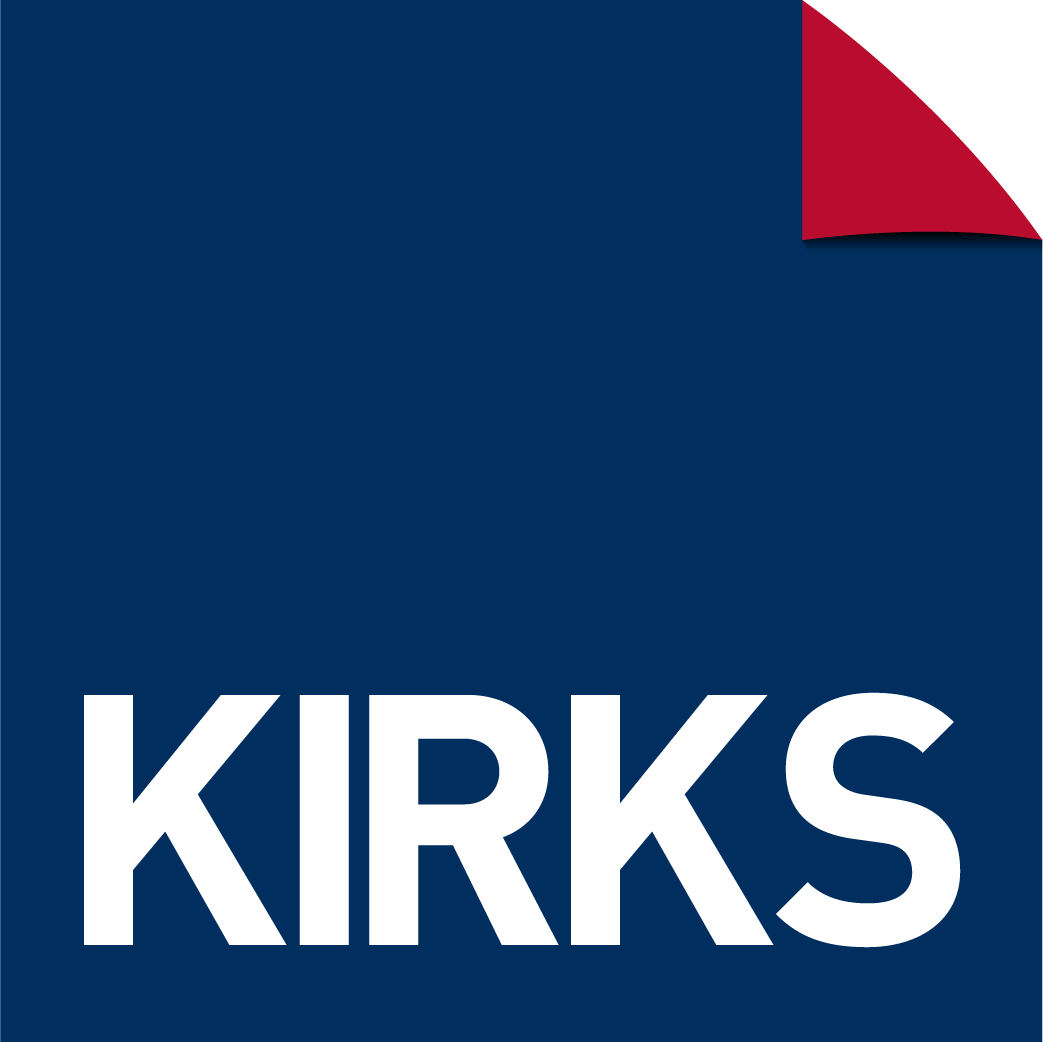The quick answer
Liquidate means a formal closing down by a liquidator when there are still assets and liabilities to be dealt with. Dissolving a company is where the business is struck off the register at Companies House because it is now inactive.
The two are very different processes. Liquidation means you need a Licensed Insolvency Practitioner like us to act as the liquidator. You do not need one to dissolve a company.
Need help and advice?
Feel free to contact us by Email or call on 01392474303
In more detail
Liquidating A Company
This process is used where there are unpaid liabilities to creditors and the company needs to be closed down. There may also be assets to be sold and employee’s claims to deal with. Employees have special rights in liquidation and may be entitled to financial claims, and these can usually be claimed from the appropriate government fund.
The directors should choose a liquidator who will be a Licensed Insolvency Practitioner to assist them like us. It is a lot more complicated than the striking off process above, as meetings need to be called of the shareholders and notices sent to all creditors. Also, there will be assets and liabilities that need to be dealt with.
It is not uncommon for the liquidation process to take up to a year once everything has finally been dealt with and the company can be finally struck off.
Dissolving A Company
This is the usual method of striking off a company that either has never traded or has stopped trading and is now dormant. You don’t need a liquidator to dissolve a company, you can just complete form DS01 (available from Companies House), submit the form and wait the two months to make sure no one lodges an objection.
There are various rules to protect shareholders and creditors who must all be given notice of the intention to apply for striking off. There are also fines, possible director disqualifications and imprisonment if you apply to strike off with the intention of concealing this from creditors or other parties so care needs to be taken to follow the procedures laid out by Companies House.



